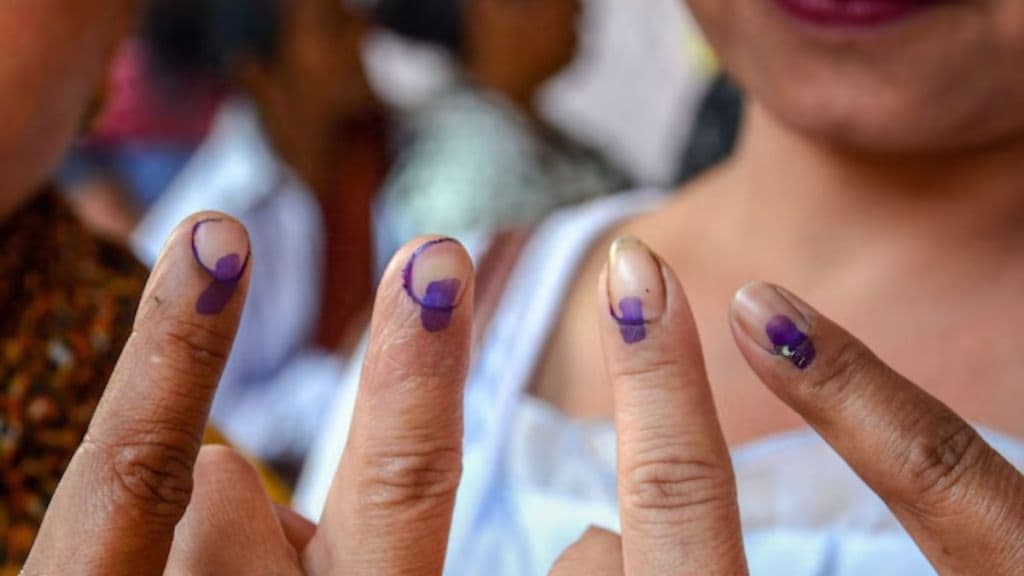As Delhi prepares for its upcoming Assembly elections, Dalit voters are once again emerging as a key constituency, with experts suggesting their votes could be divided among the Aam Aadmi Party (AAP), the Bharatiya Janata Party (BJP), and the Congress.
The AAP, which is seeking a third consecutive term, has traditionally garnered significant support from Delhi’s Dalit community. However, some experts believe that disillusionment is growing, particularly due to unfulfilled promises made by the party. Meanwhile, the BJP has rolled out a series of promises targeted at Dalit voters, coupled with extensive outreach programs in Dalit-majority constituencies.
In the 2020 Delhi Assembly election, AAP won all 12 seats reserved for Scheduled Castes (SCs), aided by strong support from Dalit voters. This year, however, experts predict a potential three-way split of the Dalit vote.
Kush Ambedkarwadi, an independent political analyst, explained that Dalit voters are present in many constituencies, with around 30-35 seats in Delhi where their votes can sway the results. He told news agency PTI that while AAP has enjoyed support from Dalit communities like the Valmiki and Ravidassia, there has been dissatisfaction, particularly over issues like the unfulfilled promise to end manual scavenging and improve conditions for municipal workers.
Ambedkarwadi highlighted that the community, including groups like the Jatavs and Valmikis, has not seen the hoped-for changes under AAP’s governance. He added that many prominent Dalit leaders from AAP have left the party, which could further impact the party’s standing with Dalit voters.
Rajendra Pal Gautam, a former AAP minister who joined the Congress last year, echoed similar concerns, stating that while the BJP has a solid backing from upper-caste voters and some OBC groups, Dalit votes could be split among the BJP, AAP, and Congress. However, he ruled out the possibility of smaller parties like the Bahujan Samaj Party (BSP) or Azad Samaj Party (ASP) making significant inroads into the Dalit vote.
Gautam emphasised that Dalit voters were drawn to AAP’s welfare schemes, particularly those addressing education, but also pointed out that many Dalits are dissatisfied with AAP’s failure to deliver on promises.
Both the BJP and AAP have made key promises aimed at Dalit voters. The BJP has pledged educational support for Dalit students and a stipend for SC students in vocational training institutes. Meanwhile, AAP has introduced the Dr. Ambedkar Samman Scholarship for Dalit students wishing to pursue higher education abroad.
A survey by the National Confederation of Dalit and Adivasi Organisations (NACDAOR) and The Convergent Media found that AAP remains the preferred choice for Dalit voters, though its popularity has waned. The survey, conducted between January 1 and 15, showed that 44% of Dalit respondents plan to vote for AAP, down from 53% in the 2020 elections. Meanwhile, 32% said they would support the BJP, and 21% indicated they would vote for Congress.
The Delhi Assembly election is scheduled for February 5, with results to be counted on February 8.

